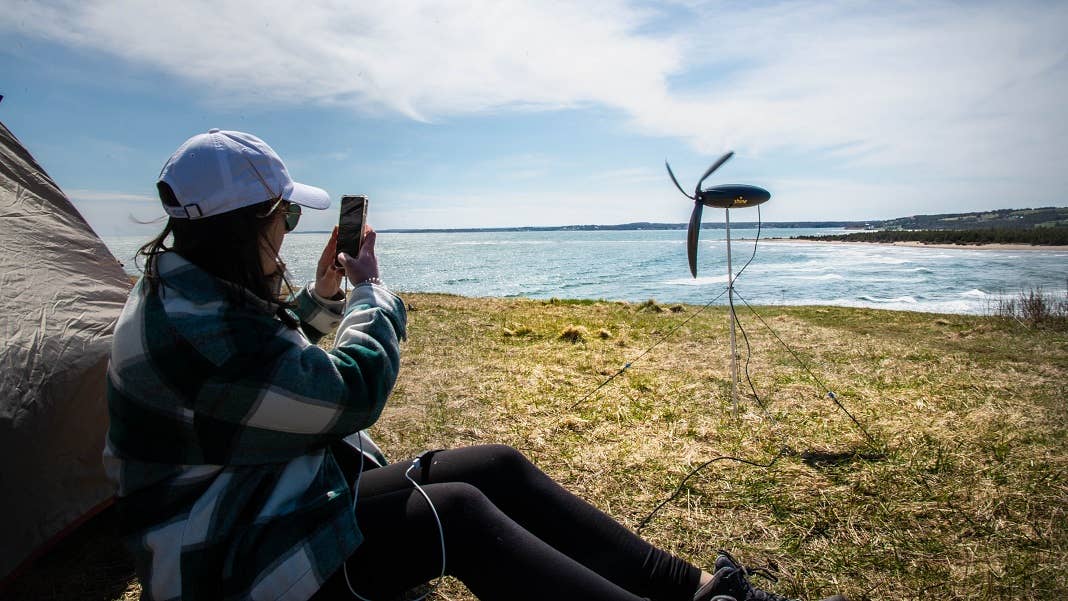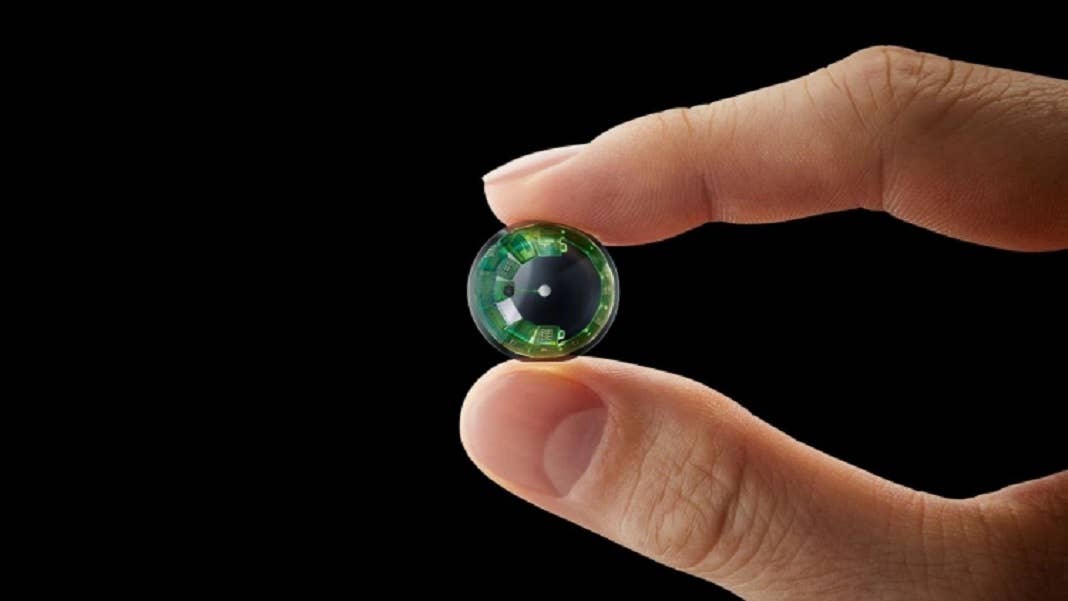The Vicon Life Recorder – Lifelogging Takes Another Step Forward

Share
Lifelogging - recording every single minute of your life (or as much of it as possible) - continues its unstoppable march towards the mainstream with the announcement that Vicon will soon release a life recording device called the Revue. The device is worn around your neck and automatically takes photos up to every 30 seconds. The Revue boasts an accelerometer, light sensor, and heat sensor that allow it to automatically take pictures at key moments when the wearer enters a new environment, confronts a person, and so on. With an ability to capture 30,000 images per gigabyte the camera can easily capture 10 days worth of footage. Although the device sounds pretty cool at first (or creepy depending on your perspective) there are several hurdles that need to be overcome for the product to be useful to more than a niche audience. The Revue probably won't be a huge success, but it is still notable, foretelling a breed of much more powerful life recording devices soon to follow.
From more extreme individuals wearing video cameras on their foreheads to the average Joe carrying a phone that can take photos and videos, humans across the globe are augmenting themselves with life recording abilities. Handheld devices allow us to post tweets, pics, and video clips to the web in a snap. Life recording software such as Kyte for the iphone allows us to create our own online channels that document our lives. In London an individual is said to be caught on up to 300 surveillance cameras in a single day. These examples and more show that the life recorder from Vicon is just a small drop in a burgeoning sea of lifelogging culture.
Although information is still hard to come by on the Vicon Revue, it does not appear to come with a connection to the net. Without networking ability the usefulness of the device will be severely limited. It won't be able to dynamically or otherwise send images of choice to twitpic, facebook, or whatever is your favorite life sharing resource of the moment. Even with a good network connection, will the revue have an intuitive interface (preferably touchscreen) to allow the user to command the device to take video, change focus, prioritize an image or perform other useful functions? I doubt it.
Further complicating things, 99% of the pictures will be pure junk and there is currently no viable option out there to help a person manage and sift through so many pictures easily. In fact therein lies one of the greatest problems not just with the Vicon Revue, but with the entire lifelogging phenomenon as a whole: capturing the footage is the easy part, figuring out how to sift through it all to grab the chunks that you want is the real challenge.
Life recording might not seem that useful to many people, but that is because its potential is trapped behind the aforementioned information management challenges that it poses. Instead of recording everything automatically, as in the case of the Revue, the trend right now is for individuals to manually choose when to record things, for example, by activating their phone to take a photo at a key moment. This manual lifelogging will continue to be the dominant trend until the tools are available to easily search for and manipulate the precise video segment or image that you desire from thousands of hours of footage.
Be Part of the Future
Sign up to receive top stories about groundbreaking technologies and visionary thinkers from SingularityHub.


Even without better information management tools, automatic lifelogging capability from devices like the Revue offers some very powerful possibilities. Since the pictures are at least organized by date there are several applications of time related data analysis that could be of great interest. Want to confirm your alibi to the police about your whereabouts on Monday evening? Simply show them a photo stream that your liferecorder has safely stored away for you. Can't remember where you put your keys last night? Just skim through your photo stream during the hours before bed to recall where you had been and what you had done.
Sadly it will be a decade or more before powerful software is available that will allow us to fully unlock the potential of lifelogging. Finding your missing keys is not bad, but what about being able to quickly find and then replay a conversation that is of importance to you from years, even decades into your past? With current technology it would be very difficult to find such a particular video clip even if you had it. Even if you could find such a clip today, the process would be so slow and laborious in most instances that it would not justify the effort. Eventually, however, digging up a particular image or video clip from your past will be as simple as asking the computer in natural language to "retrieve the video of you and your buddy Mike at dinner several years ago when you discussed the finer qualities of fall leaf colors". At that point we will really be in business!
Some people reading this post will no doubt pull out the old privacy angle on this topic, but I am increasingly numb to that entire idea. Unless you have had your head in the sand for the last decade, you should be realizing that society is changing and the rules of privacy with it. Just because you are recording your entire life does not mean you are sharing it with the entire world. Today we take thousands of photos of ourselves every year, but we have firm control over where we send these photos and who we share them with. Why will it be any different with more intense lifelogging? The same laws that prevent police and other parties from eavesdropping on our homes will also protect unauthorized access to our personal data. Sure there will be breaches of our data from time to time just as there are sometimes breaches into our homes, but these infractions represent the exceptions to the law rather than the rule of law itself.
As technology continues to get more powerful and cheaper it is increasingly easier, in fact inevitable, that more and more of our lives will be recorded and available for subsequent manipulation via search, analysis, review, and more. The Revue life recorder from Vicon likely will fall far short of our lifelogging needs, but it still represents a noteworthy advance in the right direction. Some will choose to focus on fear and privacy issues, but I will continue to focus on the great benefits that life recording can offer. Don't say I didn't warn you: next time you talk to me you might want to watch what you are saying.
Related Articles

This Portable Wind Turbine Is the Size of a Water Bottle and Charges Devices in Under an Hour

Mojo Vision’s New Contact Lens Brings Seamless Augmented Reality a Step Closer
The Weird, the Wacky, the Just Plain Cool: Best of CES 2020
What we’re reading
